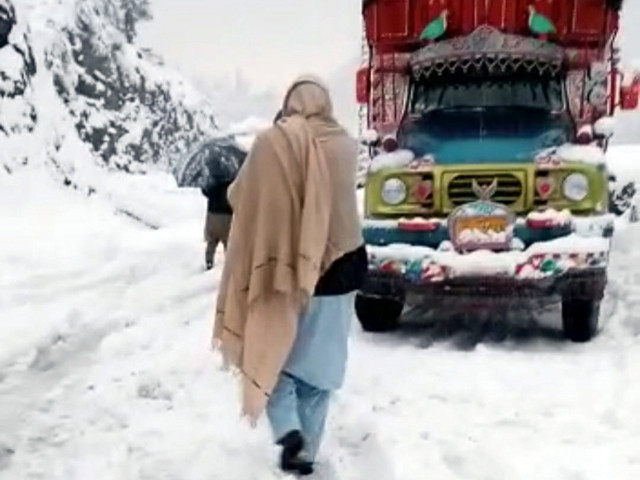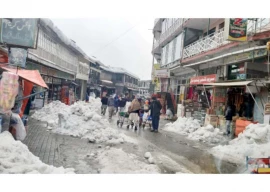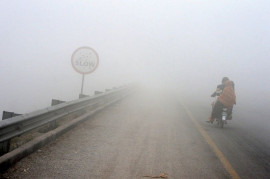
The city administration has finally ended the snow emergency in the popular hill station, Malika Kohsar Murree, after dull snowfall season, less tourists and low business activities.
Traders lost millions of rupees owing to low bookings at guesthouses, hotels, motels, while all seasonal snowfall stalls across Murree have been badly affected. Shopkeepers in the central markets say their 80% of investment has sunk as they failed to sell items of the snowy season.
For almost a century, Murree has been the centre of the British government and sometimes the Hindu regime of the subcontinent. Tourist families from the Middle East and Afghanistan used to come at the hill station every year during the snow season. Families of embassies’ officials in Islamabad also would visit Murree.
The average snowfall in Murree was up to 3.25 feet between 1900 and 1970, but later it began to decrease. Now the snowfall has been reduced from 2 to 2.25 feet in the last 30 years. Intermittent snowfall would melt half of it, while the remaining used to persist in the adjacent hills till March.
Read Murree prepares for snowy tourist season
Traditionally, the snowfall season in Malika Kohsar Murree used to start in late November or first decade of December, and the recreational season last from December 20 to January 10. Snowfall emergency usually occurs from Dec 20 to Feb 15. However, December 2023 remained snow-free and families from across Pakistan didn’t turn up at Murree on long winter vacations.
This winter, the snow fell in late January and attracted only 20% of the tourists. The Feb 8 elections also negatively impacted the snow activities. At present there is no snow in Murree.
This time, the snowfall season in Murree lasted only for 15 days contrary to average 50 days in the past. The number of tourists this year was less also because of the 2021 snow tsunami in the renowned hill station.
Published in The Express Tribune, February 16th, 2024.


1732274008-0/Ariana-Grande-and-Kristin-Chenoweth-(1)1732274008-0-165x106.webp)



1726722687-0/Express-Tribune-Web-(9)1726722687-0-270x192.webp)














COMMENTS (1)
Comments are moderated and generally will be posted if they are on-topic and not abusive.
For more information, please see our Comments FAQ